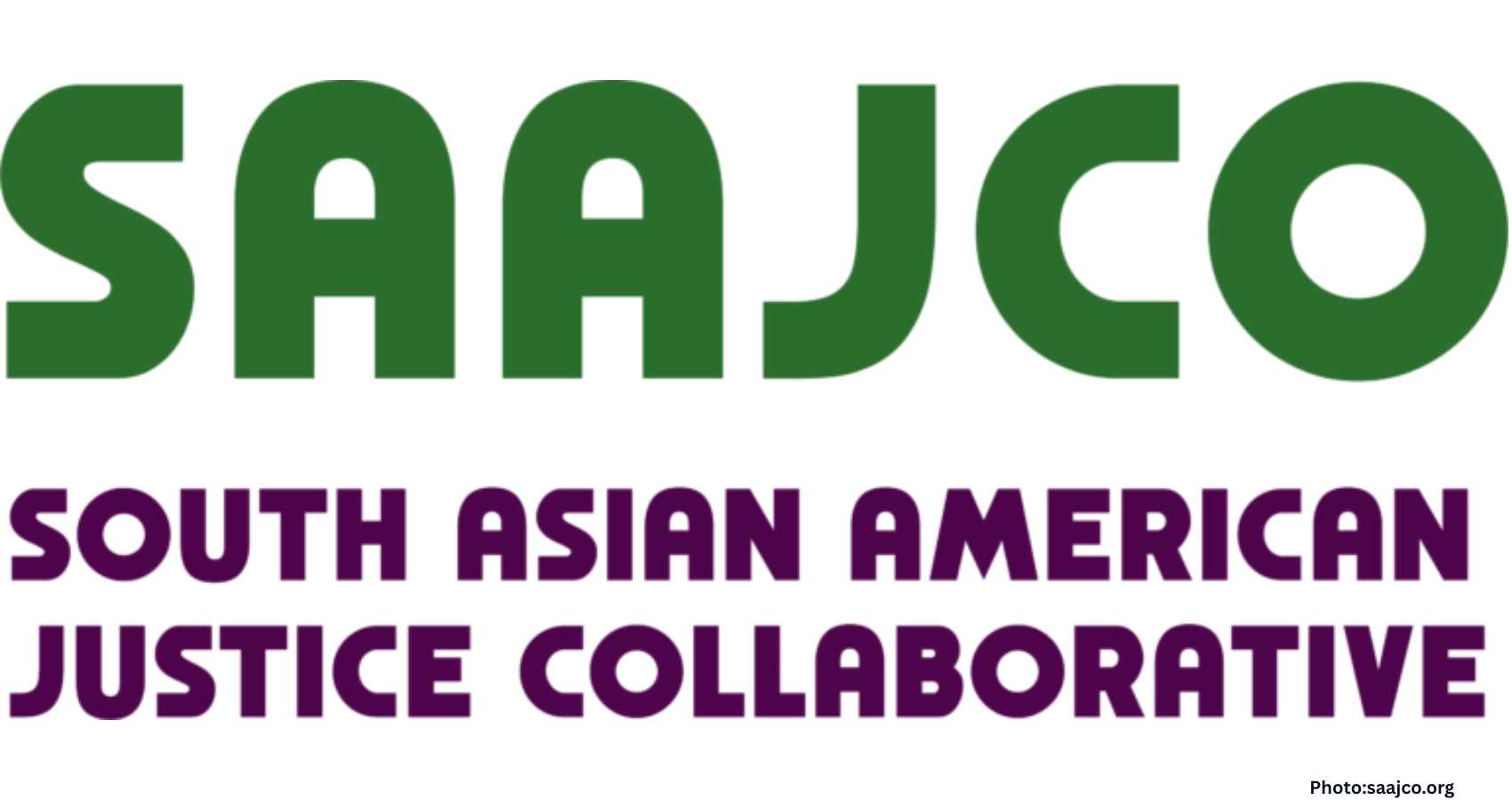Labor unions, healthcare providers, and educational institutions have filed a lawsuit against President Trump’s new $100,000 fee for H-1B visa applications, claiming it threatens essential services and the economy.
A coalition of labor unions, healthcare providers, educational institutions, and religious organizations has initiated a lawsuit to challenge a recent executive action by President Trump that imposes a $100,000 fee on every new H-1B visa application. Filed on October 3, the lawsuit aims to halt what the plaintiffs describe as an unlawful and detrimental policy that could severely impact the American workforce and economy.
The proclamation, issued on September 19, 2025, and made effective just 36 hours later, has already created confusion among employers, workers, and federal agencies. Kalpana V. Peddibhotla, Executive Director of the South Asian American Justice Collaborative (SAAJCO), emphasized the importance of H-1B workers, stating, “South Asians make up the majority of H-1B workers and are part of the fabric of America, staffing rural hospitals, advancing lifesaving research, and driving innovation in businesses across the country.”
The lawsuit, titled *Global Nurse Force et al v. Trump et al.*, was filed in the U.S. District Court for the Northern District of California. It argues that the executive order is unconstitutional and violates the Administrative Procedure Act. The coalition of plaintiffs includes organizations such as Global Nurse Force, Global Village Academy Collaborative, and the American Association of University Professors, among others.
The H-1B visa program was established by Congress to attract highly skilled professionals from around the world to fill critical roles in the U.S. economy and public services. This program allows U.S. employers to hire qualified foreign talent, including doctors, nurses, engineers, and researchers, after a thorough vetting process.
The coalition’s lawsuit highlights the potential consequences of the new fee, which they argue could lead to significant harm for communities across the nation. Peddibhotla noted that when the government makes it prohibitively expensive for skilled professionals to come to the U.S., entire communities suffer. “Patients wait longer for care, students have fewer teachers, and local economies miss out on the innovation and jobs these experts create,” she said.
The complaint outlines several key arguments against the new fee. It asserts that the fee violates the legislative framework established by Congress, which includes a carefully structured fee and oversight system for the H-1B program. The plaintiffs contend that the President does not have the authority to unilaterally impose such a fee or to create new taxes through executive action.
Additionally, the lawsuit claims that the proclamation invites chaos and favoritism by introducing a vague “national interest” loophole for fee exemptions, which could lead to arbitrary decision-making. The plaintiffs argue that the fee will disproportionately affect rural hospitals, schools, and nonprofit organizations that rely on H-1B workers to fulfill essential roles.
Economists have pointed out that H-1B workers contribute significantly to job creation and innovation in the U.S. economy. The lawsuit warns that forcing skilled talent to seek opportunities abroad could lead to a loss of jobs and innovation within the country. “Without relief, hospitals will lose medical staff, churches will lose pastors, classrooms will lose teachers, and industries across the country risk losing key innovators,” the complaint states.
The coalition is requesting that the court block the implementation of the $100,000 fee and restore predictability for employers and workers. Todd Wolfson, president of the American Association of University Professors, expressed concern about the implications of the new policy, stating, “Trump’s restrictions on H-1B visa applications will lead to less lifesaving research, reduced innovation, and diminished competitiveness.”
Dr. Taylor Walker, President of the Committee of Interns and Residents, SEIU, added that the fee would have a devastating impact on healthcare, particularly at a time when the U.S. is facing a physician shortage. “The unconscionable fee for H-1B petitions will reduce the number of resident physicians available to provide care,” he said.
Skye Perryman, President and CEO of Democracy Forward, criticized the fee as a tactic to undermine American innovation and essential work. “This exorbitant fee invites corruption and is unlawful, destabilizing, and bad for everyone,” she stated. “H-1B workers keep rural hospitals staffed, bring STEM education to schools with teacher shortages, advance lifesaving medical research, and help small businesses thrive.”
As the lawsuit progresses, the coalition seeks to have the court declare the proclamation unlawful and prevent the government from enforcing the new fee. Peddibhotla remarked, “We are asking the court to block the government from enforcing the $100,000 fee and require agencies to continue processing H-1B petitions under the law that Congress put in place.”
The outcome of this case could have significant implications for the future of the H-1B visa program and the broader landscape of immigration policy in the United States.
Source: Original article

